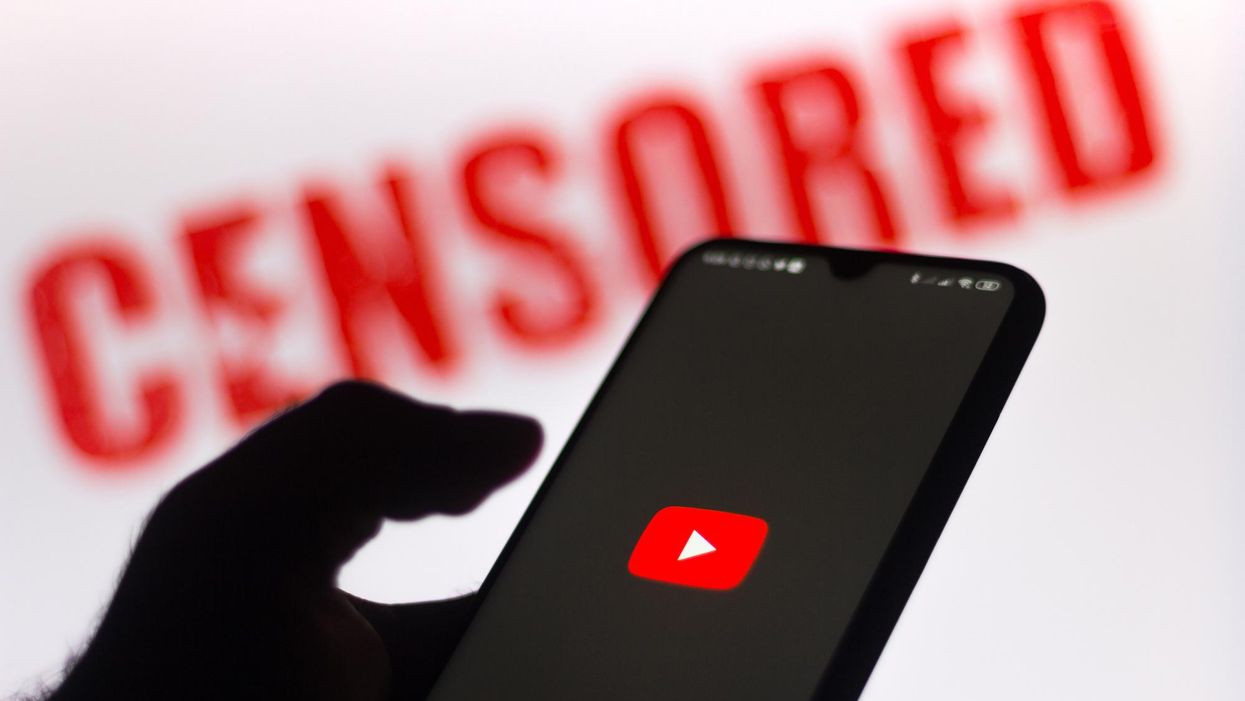
Photo Illustration by Rafael Henrique/SOPA Images/LightRocket via Getty Images

Google and YouTube announced that they will take measures to strip online content of revenue producing opportunities if they express skepticism about global warming.
In a statement from Google's ad team on Thursday, the massive online company said they would deny ad revenue from content that contradicts "well-established scientific consensus around the existence and causes of climate change."
Google says the new policy is in response to advertisers expressing frustration that their ads are appearing on content they disagree with.
"Advertisers simply don't want their ads to appear next to this content," the company said. "And publishers and creators don't want ads promoting these claims to appear on their pages or videos."
The new policy will be implemented through a mix of human review and automated tools.
The company appeared to claim that not all skeptical content will be demonetized, but that they will carefully distinguish "between content that states a false claim as fact, versus content that reports on or discusses that claim."
Big tech companies have come under fire for what some say is selective enforcement of their censorship policies to police those on the right while allowing left-leaning speech free rein.
"There is a huge risk, I mean, for one they're not particularly accountable except through your ability to sign off of the platform or sign on," said Kate Klonick, a law professor at St. John's University, to CNBC.
"There's no kind of vote, there's no type of representative, there's no way to weigh in on what the rules should be or shouldn't be. There are not even a lot even a transparency around the rules or how they're enforced, this is something that has just started developing in the last five years at all these companies," she continued.
"And so it's really dangerous when you think about the control that private companies have," Klonick concluded, "but at the same time it's really dangerous to think about what would happen if private companies weren't doing this type of work, and everything that would be going on in these platforms without them."
Axios called the new policy "one of the most aggressive measures any major tech platform has taken to combat climate change misinformation."
Is the YouTube crackdown censorship?www.youtube.com